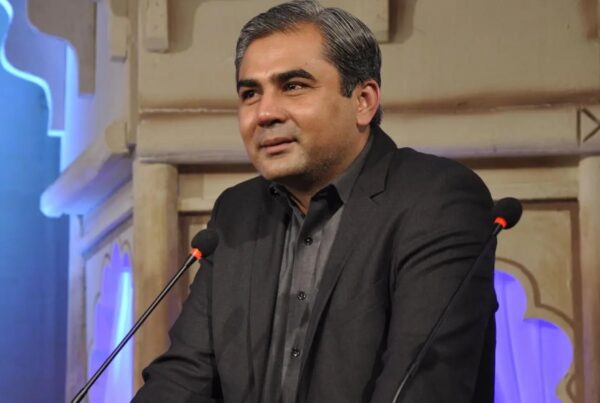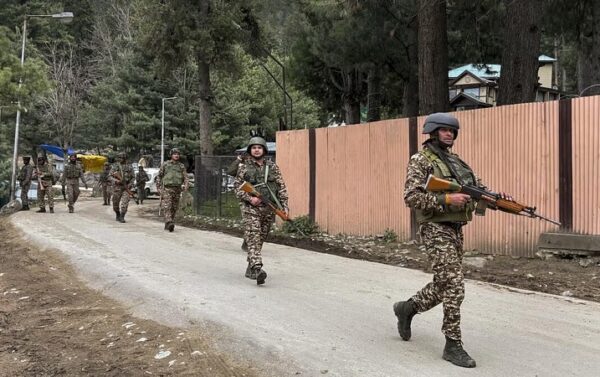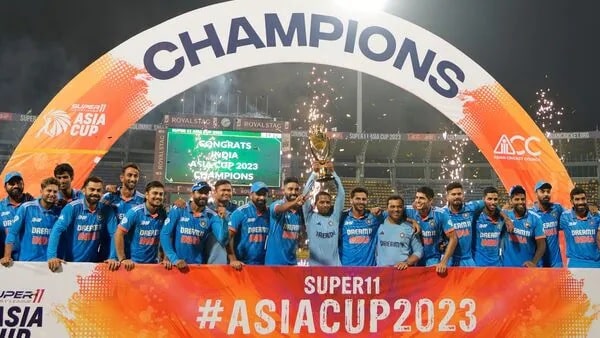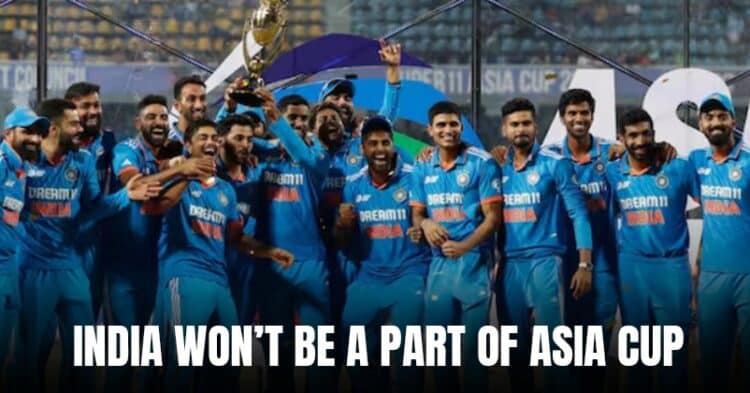The fate of the upcoming Men’s Asia Cup, scheduled for September this year, has been thrown into uncertainty following reports suggesting that India may withdraw from the tournament. This move, if confirmed, would mark a significant shift in the dynamics of Asian cricket, especially with the tournament set to be played in a T20 format as preparation for the next year’s T20 World Cup.

According to sources, the Board of Control for Cricket in India (BCCI) has informed the Asian Cricket Council (ACC), currently chaired by the PCB head Mohsin Naqvi, of its decision to pull out not only from the Men’s Asia Cup 2025 but also from the Women’s Emerging Teams Asia Cup in Sri Lanka scheduled for June.
The reasons cited stem from the rising political tensions between India and Pakistan, which intensified after a recent ter*orist att@ck in Pahalgam, Jammu and Kashmir, led to a retaliatory military operation by India, Operation Sindoor, targeting multiple ter*or sites in Pakistan and Pakistan-occupied Kashmir (PoK).
An unnamed BCCI official, quoted in a media report, underscored the strong national sentiment behind this stance, emphasising that the Indian team cannot participate in a tournament organised by a body which is being headed by a Pakistani government official at present.

The official further revealed that while no formal letter has been issued yet, verbal communication has taken place with the ACC regarding India’s withdrawal from the women’s tournament and the indefinite suspension of their participation in future ACC events. The source also mentioned ongoing consultations with the Indian government.
However, the BCCI secretary Devajit Saikia has refuted these claims, asserting that no decision has been finalised. He clarified that the board’s current focus is on the Indian Premier League (IPL) and the upcoming tour of England, and that an official announcement concerning the ACC events will be made at the appropriate time.
The implications of a possible Indian withdrawal are substantial. With Indian companies forming the bulk of Asia Cup sponsors, the viability of the tournament could be severely affected, potentially leading to its cancellation. Apart from India, the Asia Cup is set to feature teams from Sri Lanka, Pakistan, Afghanistan and Bangladesh.

The 2023 edition of the Asia Cup was marked by similar geopolitical complications. Although it was hosted by Pakistan, India’s refusal to travel there led to a hybrid model arrangement, with India’s matches, including the final, being played in Sri Lanka. A similar structure was adopted for the ICC Champions Trophy earlier this year, where India’s games took place in Dubai.
As political tensions continue to influence sporting engagements, the upcoming months will be crucial in determining the future of the Asia Cup and India’s role within Asian cricketing events.




